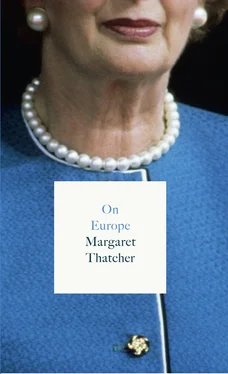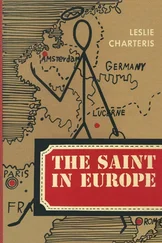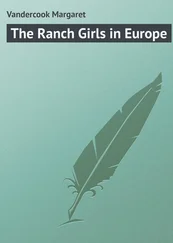The EU should be pressed to concede free-trade arrangements with the applicant countries
It should also be pressed to stop undermining these countries’ agricultural sectors by dumping its products at their farmers’ expense
The governments of the applicant countries would be wise to find other ways to modernise their economies and expand their markets – ones which do not involve loss of sovereignty, the acceptance of German dominance, or piling costs on their industries.
DEFYING DEMOCRACY
The EU-applicant countries ought also to be aware of the prevailing style of politics within the European Union. This style is difficult to sum up in one word: it is, in fact, an unusual mix of the authoritarian, the bureaucratic and the interventionist on the one hand, with the compromising, the uninspiring and the ineffective on the other. The European Union is for ever awash with plans, programmes and projects. But the result, more often than not, is an inefficient muddle. Its leaders’ eloquence is hyperbolic. But their decisions are characterised by horse-trading. Its ambitions to assert itself as a great power are unmatched. But the means at its disposal are few, and its attempts to play a role on the world stage have been universally embarrassing.
Perhaps the most significant shortcoming of the fledgling superstate is that it is not, will not be, indeed ultimately cannot be, democratic. This has nothing to do with the much discussed ‘democratic deficit’, which usually refers to the alleged disparity between the power wielded by the Commission and that wielded by the European Parliament. In fact, this is based on a false premise. The Commission and the Parliament share the same federalist agenda – and it is not democratic.
The real reason why there can be no functioning pan-European democracy is because there exists no pan-European public opinion. No matter how many attempts are made to create links between the political parties of different European countries, those parties know that they have to campaign upon, and that their fortunes will be determined by, national programmes and issues. The impact of European questions on such elections is most likely to be negative – when something that the European Union favours, such as open borders or more immigration, prompts popular anger.
It is a commonplace, but it is all too frequently ignored, that the European Union nations are extraordinarily deeply divided by language – no fewer than twelve main languages are widely spoken among the present members. 24Even those educated elites which speak foreign languages with reasonable facility may well be a long way from sharing the thought patterns of native speakers of those languages. And it is still the case that for the great majority of Europe’s population, ‘home’ is to be described in national, or local, not Continental terms. 25
Конец ознакомительного фрагмента.
Текст предоставлен ООО «ЛитРес».
Прочитайте эту книгу целиком, купив полную легальную версию на ЛитРес.
Безопасно оплатить книгу можно банковской картой Visa, MasterCard, Maestro, со счета мобильного телефона, с платежного терминала, в салоне МТС или Связной, через PayPal, WebMoney, Яндекс.Деньги, QIWI Кошелек, бонусными картами или другим удобным Вам способом.












